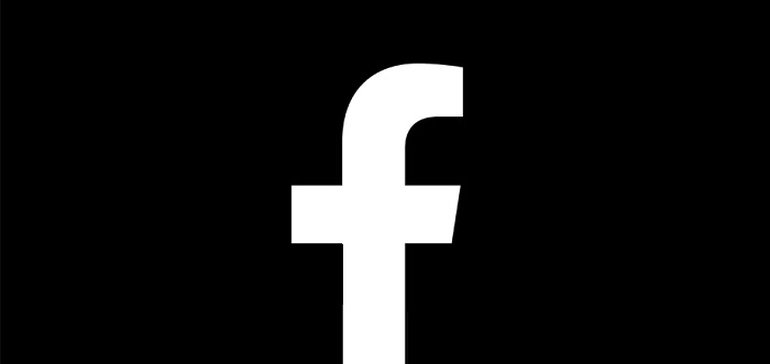SOCIAL
Russia Announces Partial Bans on Facebook Amid Escalating Ukraine Conflict

With the conflict in Ukraine escalating by the hour, social media has become a key element in raising awareness, and connecting Russian and Ukranian citizens, along with the rest of the world, to real-time updates on the unfolding situation.
But that just became harder, at least for Russian users, with the Russian Government restricting access to Facebook, over claims that the platform restricted the accounts of four Russian media outlets.
As communicated by Russia’s communications and tech regulator:
“On February 24th, Facebook restricted the official accounts of four Russian media outlets – the Zvezda TV channel, the RIA Novosti news agency, and the Lenta.ru and Gazeta.ru Internet sites. Such actions in relation to Russian Internet resources and the media are prohibited by Federal Law. [We have] sent requests to the administration of Meta Platforms to remove the restrictions imposed by Facebook on Russian media, and explain the reason for their introduction. The owners of the social network ignored the requirements.”
Given this, Russia’s Service for the Supervision of Communications, Information Technology and Mass Communications has opted to take measures to ‘partially restrict access’ to Facebook for Russian users.
In response, Meta acknowledged that it has been labeling misinformation from state media as such, which is likely the key impetus leading to the ban.
The situation in Ukraine is devastating. Our teams at Meta have implemented a number of measures to keep our platforms and our users in the region as safe as we can. This is a fast moving situation and our teams remain on high alert. pic.twitter.com/8wFgx7muKG
— Nick Clegg (@nickclegg) February 25, 2022
As Meta’s Nick Clegg notes, the situation is evolving quickly, and we’re once again seeing how social media now plays such an important role within such, and the dissemination of relevant information – and how the leaders in some regions are looking to limit the same, and control the narrative, by exerting pressure on the big social platforms.
Facebook has almost 70 million users in Russia, and 24 million in Ukraine, around half the total population of each country, so its reach is significant, as is its impact. And if anyone knows the potential of Facebook for influencing public opinion, it would be Russia, which has repeatedly sought to interfere with foreign democracies by sowing misinformation via the app.
As such, it’s little surprise to see Russia move to restrict Facebook access in an effort to control the public narrative, which it’s also sought to do during previous incidents, by threatening action and imposing laws to force social platforms to remove content at its request.
But it once again underlines the importance of social media as a connective tool, which is especially important in times of crisis. Misinformation is everywhere right now, along with otherwise-motivated groups posting false stories and reports in an effort to drive engagement.
Case in point, this video, which has gone viral on TikTok, doesn’t depict Russian soldiers air-dropping into Ukraine as the description suggests.
Here’s a good example of war misinfo that’s plaguing TikTok right now.
This video of a parachuting soldier has 20 million views on TikTok.
The top comment? “Bro is recording an invasion.”
But he isn’t. This video is from 2016. pic.twitter.com/6WsjpWOLVI
— Ben Collins (@oneunderscore__) February 24, 2022
When users are incentivized to drive engagement, in order to get maximum reach for their content, some will do whatever it takes, and that can lead to a confusing, misleading state of affairs online which further stokes fear, division, and can even lead to civil disruption as a result of groups aligning with false causes that are seemingly validated by such posts.
It’s important for users to stay vigilant with such, and to cross-check all the reports they’re seeing. Trust in mainstream media has been in decline of late, largely for unjust reasons, but right now, in the midst of a crisis, it’s important to validate and confirm any reporting via mainstream sources and journalists, to ensure that there is at least some support for any claims.
We’re seeing, now, once again, the role that social media campaigns can play in shaping political narratives, and how that can drive public support, or distrust, which then impacts approaches. Ukrainian citizens are documenting the events as they unfold, while Russia is seeking to restrict such.
It’s important to note what’s being shared, and the motivations behind such, and to avoid re-circulating information that may be incorrect.



















You must be logged in to post a comment Login